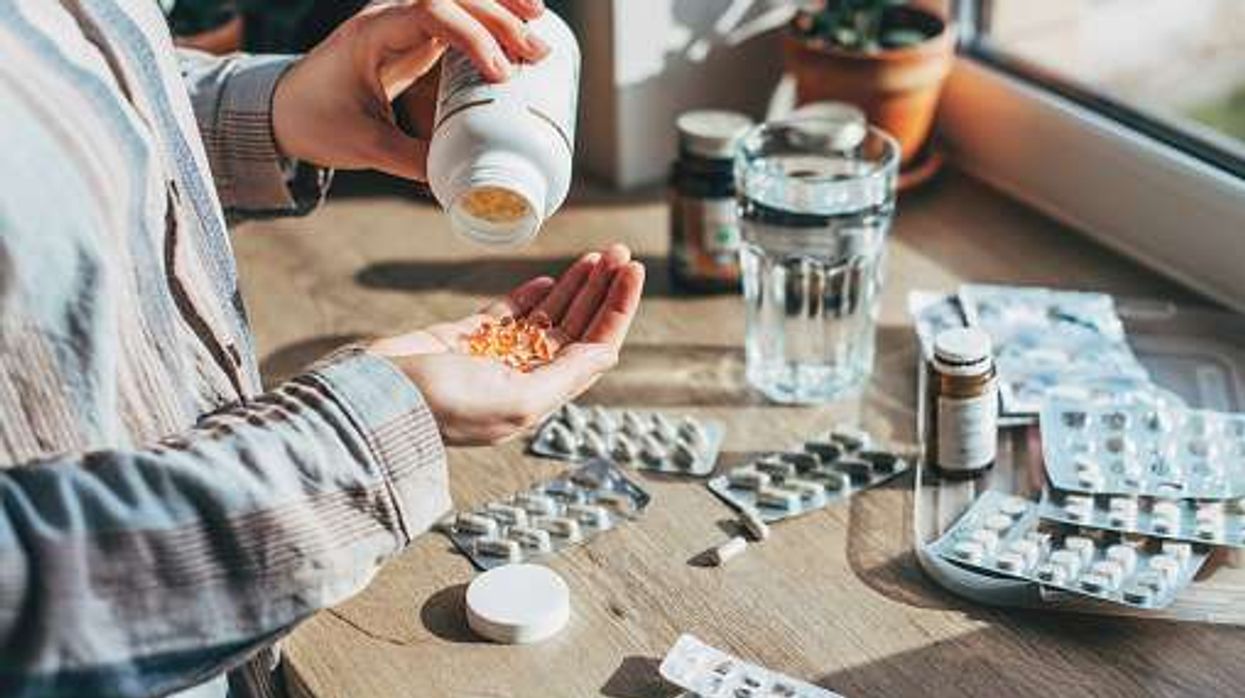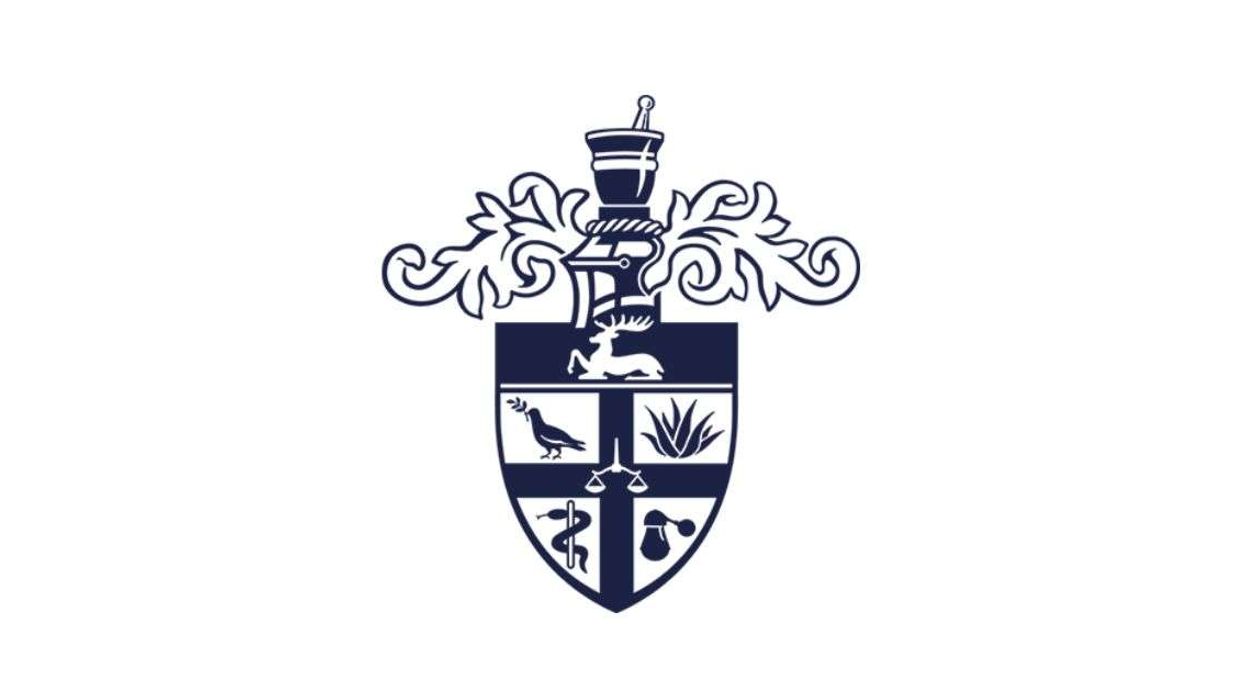The Department of Health and Social Care’s (DHSC) response to the 2019 consultation on community pharmacy drug reimbursement reform has paved the way for the second phase of consultation with the pharmacy negotiator.
The second round of the consultation will focus on eight proposals:
- Changes to the way Category A prices are set
- Changes to how medicine margin is distributed in Category M drugs
- Changes to how Category C prices are set for drugs with multiple suppliers
- Inclusion of non-medicinal products in the Drug Tariff
- Changes to the way prices of drugs in non-Part VIIIA are set
- Changes to arrangements for reimbursement and procurement of ‘specials’
- Changes to reimbursement of generically prescribed drugs and appliances dispensed as ‘specials’
- Changes to the discount deduction scale
The Pharmaceutical Services Negotiating Committee has been discussing these proposals with the DHSC and the outcome was featured in the final package of the 'Community pharmacy in 2016/17 and beyond' document.
The second phase of the discussion will cover details and mechanics of each reform.
The negotiator cleared its intention to “work on changes that will deliver smoother cash flow and fairer distribution of margin for contractors.”
PSNC director of Pharmacy Funding, Mike Dent, said: “PSNC responded to the original consultation and has been part of the discussions around the potential ways to reform reimbursement for several years.
“The impact on community pharmacy contractors needs to be carefully considered at all stages, and we will be discussing this matter once again at the November PSNC meeting.”











